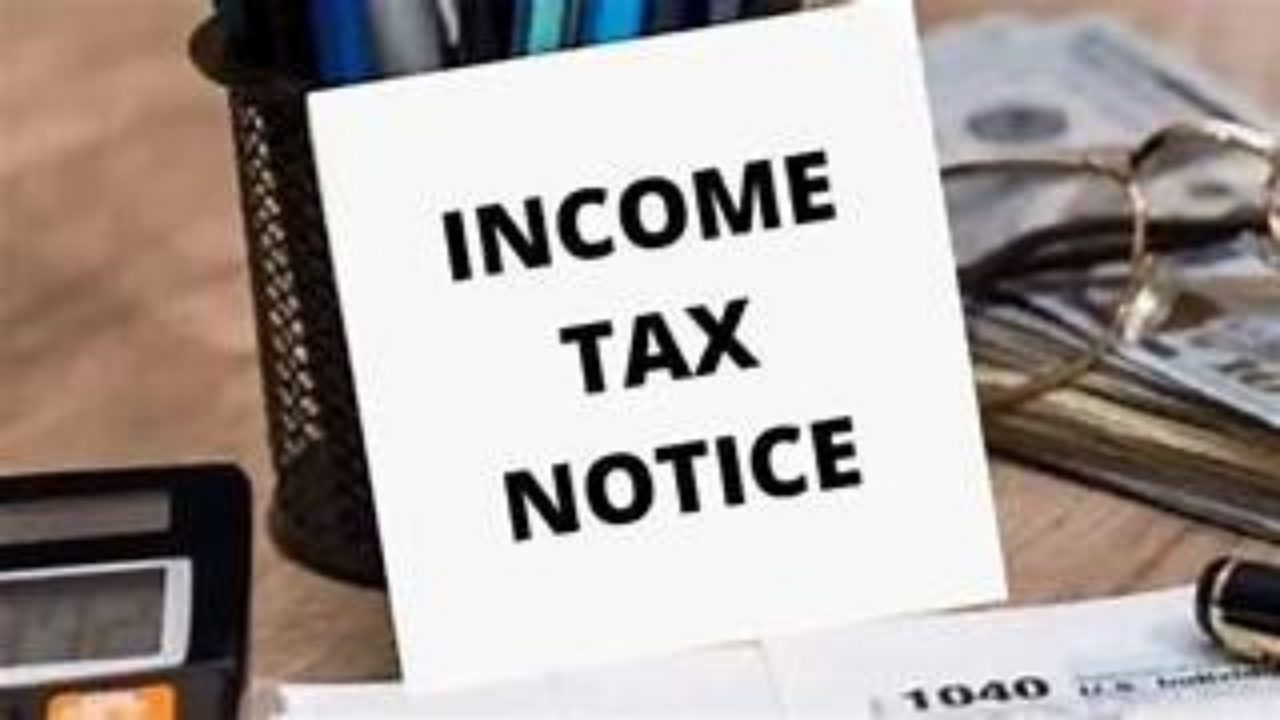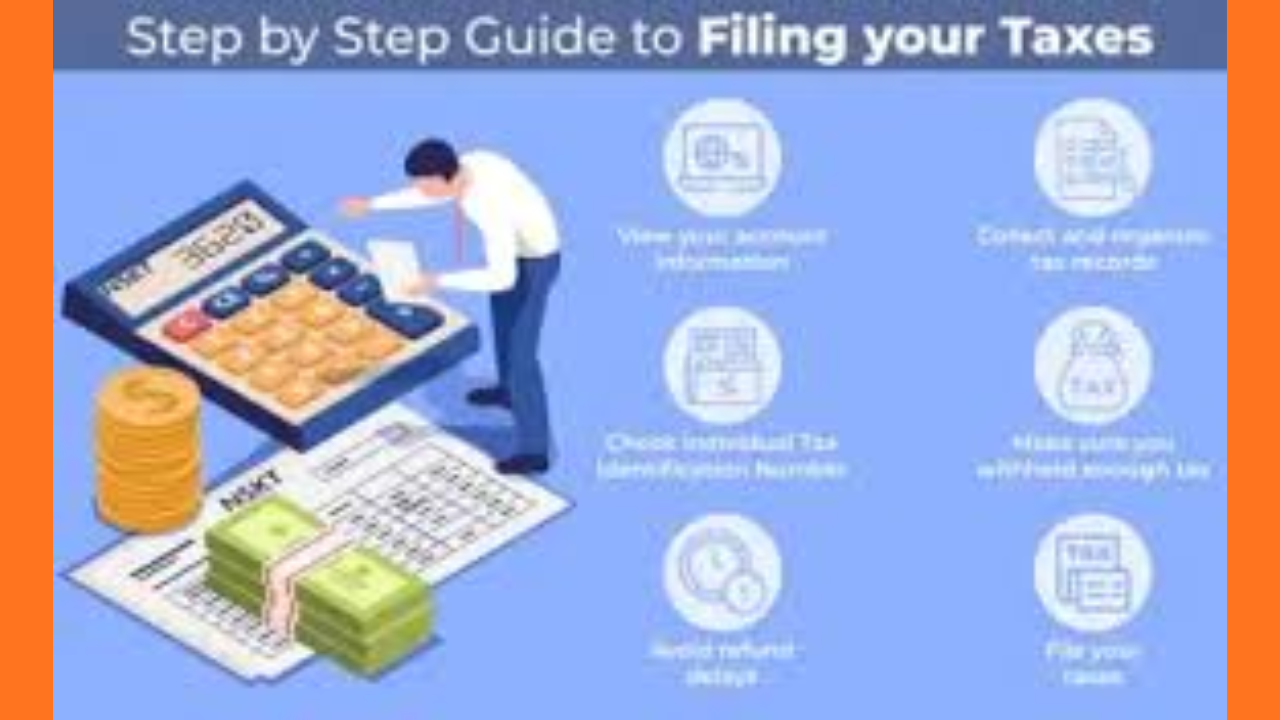Have you received a tax notice from the I-T department? Here’s how to respond
Thank you for reading this post, don't forget to subscribe!Receiving a tax notice from the Income Tax Department can be unsettling, whether you have filed your returns or not. It is a formal communication from the department, often highlighting discrepancies or non-compliance. Here’s a guide on how to understand and respond to such notices effectively.
First, verify the notice
Before you do anything else, verify the authenticity of the notice. Fraudulent notices are common. You must verify it on the official Income Tax Portal under the ‘Pending Action’ > ‘e-Proceedings’ section.
Understanding the types of tax notices
Tax notices are issued under different sections of the Income Tax Act, each with a specific purpose.
- Intimation Notice (Section 143(1)): This is a system-generated notice after the preliminary assessment of your ITR. It simply informs you if your return has been accepted, if a refund is due, or if there’s an additional tax liability based on the data you provided.
- Assessment Inquiry Notices (Section 142): The Assessing Officer (AO) sends this notice if they believe you haven’t filed your return or have missed essential details. An AO may request documents like your books of accounts or other information to verify your claims.
- Scrutiny Notice (Section 143(2)): A detailed examination of your return is initiated with this notice. It is issued when the AO is not satisfied with the information provided and wants to verify the details and claims made in your ITR.
- Demand Notice (Section 156): This notice demands payment for any tax, interest, penalty, or fine that is payable as per an official order. It specifies the amount you owe to the department.
- Notice of Income Escaping Assessment (Section 148): This notice is issued if the AO believes some of your income was not assessed during the regular process. It allows the department to re-evaluate your income for a specific financial year.
How to respond to a tax notice
Once you have verified the notice, follow these steps to draft an effective response:
- Read carefully: Understand the reason for the notice, the section it was issued under, and the specific query.
- Gather documents: Collect all the necessary supporting documents and information, such as bank statements, invoices, and other relevant records, to substantiate your claims.
- Draft a clear response: Write a clear and concise response, addressing each point raised in the notice.
- Submit online: The response and all supporting documents must be submitted through the official Income Tax Portal.
- Keep records: Save the acknowledgement ID of your submission for future reference.
Remember: Ignoring a notice is not an option. You must respond within 30 days of receiving it to avoid further complications and a potential penalty of up to Rs 10,000.

















